Maybe your level 1 charger has been charging your electric vehicle too slowly and your coworker recommended switching to a much faster level 2 one, that’s a great recommendation because level 2 chargers offer much more power compared to level 1s, and believe it or not, they can save you quite a few hours. Let’s delve into everything you need to know regarding level 2 EV chargers.
What is a Level 2 Charger?
Imagine needing to fill up your car's tank but instead of heading to a gas station, you simply plug it in at home or a charging station while you shop or work. That's the convenience electric vehicles offer, and at the heart of this convenience is the Level 2 charger, a device that has become the middle ground in the charging ecosystem.
Autel Level 2 smart EV chargers are ideal for home charging, providing significantly faster charging speeds compared to traditional chargers.

Unlike the standard Level 1 chargers that come with most EVs and plug into a regular household outlet (120 volts in the U.S.), Level 2 chargers take things up a notch. They operate on 240 volts, similar to what your home's large appliances like dryers and ovens use. This significant leap in voltage means faster charging times, allowing you to get your EV from almost empty to fully charged in just a few hours.
But what truly makes a Level 2 charger special? It's all about efficiency and time-saving. While a Level 1 charger might take a painfully slow 20 hours or more to charge a typical EV fully, a Level 2 charger can dramatically reduce this time to about 3 to 8 hours, depending on the vehicle's battery capacity and the charger's output capability. This is a game-changer for EV owners, especially those with busy lifestyles or those who rely on their vehicles for long commutes.
What are the Benefits of Using a Level 2 Charger?
Having understood the concept of the Level 2 charger now we are ready to explore the advantages that encourage more EV owners to adopt it. The benefits embedded in the convenience part and the long-term savings are so many that Level 2 Charging is an amazing discovery.
1. Speed
One of the biggest features of a Level 2 charger is its capability to charge an EV considerably quicker than a Level 1 charger. This becomes a “sliding door” for EV owners. Imagine that by the time you awake, you have a charged vehicle or even that a short stop at home has powered up your car instead of taking a whole day. For those who run a tight schedule and for those who wind up driving a long distance a lot, this ease of owning an electric vehicle will no longer be just possible, but utterly convenient.
2. Increased Convenience
Level 2 chargers can be mounted at home to transform your garage or the driveway into a source of charge for your car. Thus you won't have to depend on public EV charging stations. This is especially beneficial for the people who use their vehicle for daily commuting or doing errands.
3. Home Value
Installing a charging station for your level 2 EV at home will also add value to your property. With the increasing availability of EVs, buyers are beginning to understand more clearly the advantages of having an EV home charger infrastructure already in place. This home improvement feature not only guarantees the personal pleasure of your house but also a potential investment that might interest buyers and increase the value of your home in the future.
4. Environmental Impact
Although electric cars on their own are more environmentally friendly, they become considered even more eco-friendly when using a Level 2 charger instead of the conventional one. Quicker charging means less time of charging for your EV, which may result in a drop in electricity grid demand at peak hours. In addition, if you have access to renewable energy sources like solar panels you can combine them with a level 2 charger which would cut the carbon footprint on a long-term and sustainable basis therefore EV charging becomes a cleaner process hence more sustainable.
5. Cost-Efficiency
Despite the higher start-up costs for installing a Level 2 charger in comparison with Level 1 chargers, the long-term savings that are realized later are mind-blowing. Faster times of charging mean lower electricity used as time out helping to cut down on energy costs. Furthermore, the possibility of the availability of level two charging which can help prolong the shelf life of the batteries, can save on costly replacement/maintenance.
Government Rebates: It's worth noting that Autel chargers may qualify for government rebates, available in both the United States and Canada, which can significantly reduce or even cover the cost. This makes a Level 2 charger even more appealing for many EV owners. Be sure to check with your local authorities or energy provider to see if you're eligible for any incentives or rebates.
Differences Between Level 2 Chargers and Other Chargers
Charging your EV isn't a unified solution. The landscape is rich in different chargers, each one tailored for different scenarios. Discovering the switch between Level 2 chargers and their other versions is vital for any EV owner or enthusiast. Let us have a look at these obvious differences to throw light on what makes Level 2 chargers different from the others.
1. Level 1 Chargers
First of all Level 1 chargers, are very likely to be the first chargers that an EV owner will meet with when they first buy their car. They are compatible with standard 120-volt electrical outlets that can be found in homes in the US. On the one hand, however, these chargers are hugely popular because they don't require any special installation, but their major disadvantage is speed - or the lack thereof. Charging with a Level 1 charger can add at least 20 hours to the charging time, which makes it best for plug-in hybrid vehicles (PHEVs) with small batteries that need to be charged overnight.
2. Level 3 Chargers
They are the energizers for EV charging, where in 20 minutes of charging you will get 60 to 80 miles of range added to your vehicles. Although their high driving and operating costs make them more suitable for employment in public and commercial places compared to those of home use. Furthermore, it is not the case for all EVs to be furnished with DC fast charging and continuous usage may result in more impact on battery health.
3. Level 2 Chargers
Level 2 chargers offer a balanced solution, providing faster charging than Level 1 yet without the intense power demands of Level 3. Compatible with a standard 240-volt supply, similar to large household appliances, they typically fully charge an EV battery within 3-8 hours. This efficiency makes them ideal for residential settings and businesses looking to furnish parking spots with charging capabilities, ensuring a mix of convenience and maintaining battery health without the extremes of continuous rapid charging.
4. Compatibility and Accessibility
If compatibility is the concern, a great number of EVs today are designed to support Level 2 charging at which point it becomes the best decision for everyone. However, at Level 1, charging can be slow even though the charging station is universally supported. Level 3, on the other hand, which is a fast charge system, is not available for all EVs and is usually found in a public or commercial setting due to its high power demand.
5. Installation and Cost
Installing Level 2 chargers at home needs some electricity upgrade to begin with, and purchasing the charging unit too. While this expense may be a downside, for most people it still makes up for the importance of time and convenience. Note that level 1 chargers do not require any additional installation thus they are the most economical option. On the other hand, level 3 chargers are the most costly upfront and as well in operation; thus it isn’t viable for individual use at home.
How Much Does a Level 2 Charger Cost?
The decision to own an electric vehicle (EV) often involved the choice of charging methods, and among them, the Level 2 charger quickly moved to the top. Although it's quick and convenient, what does it cost to have a fast charging option at your home? The investment log includes the cost of the charger, probable upgrades to your electrical system, as well as charging expenses. Let's take a deep look at the financial area of introducing a Level 2 charger now.

1. The Price of the Charger
First, the price of the Level 2 charger itself is adjusted and depends on several aspects, such as features, brand, and charging speed. Price points can start at around $300 for basic models and can go up to over $700 for high-end options with advanced features like WiFi connectivity, remote access, and scheduling through a smartphone app. The charge capacity is something that can determine the rate at which your EV can be charged while it influences the cost. High-ampere chargers offer quicker charging but are at a higher price.
2. Installation Costs
Level 2 charger installation is a bit more complicated than using a device as you plug it in. It needs a dedicated 240-volt circuit and in some cases the upgrade of the home's main power system.
Installation costs can range from $500 to $2,000, influenced by:
Electrical Panel Capacity: If your home's electrical paneling does not have enough capacity for an addition of the 240-volt circuit breaker, you might have to upgrade, making the cost much higher.
Distance and Wiring: The cost would depend on where the charger is located and the distance to the electrical panel. Transit lines that have to cover longer distances require more wiring and man-hours.
Local Regulations: The other factor that can make the cost high is the need for the permit and inspection, which may differ from location to location.
3. Ongoing Electricity Costs
The amount your EV will be charged also depends on time and demand. This is because the rates in your local utility may not be constant but fluctuate. Certain utilities have special EV charger rates which are lower during off-peak hours hence one can lower the cost of charging if they schedule their charging during such times. To accomplish as much as possible ensure charging your EV during the off-peak times.
Some EV chargers, like the Autel EV Charger, offer smart features. With it, you can effortlessly schedule charging sessions and adjust amperage, ensuring convenience and cost savings.
Conclusion
Now that you know all about Level 2 electric vehicle chargers, you know whether or not it’s right for you. Remember that if you don’t have any intensive use for your EV then you don’t have to upgrade your level 1 charger, however, if you need a lot more power in less time, then consider switching to a level 2 charger and it’ll be worth every penny.
Related Reading:Types and Differences of Electric Vehicle Chargers

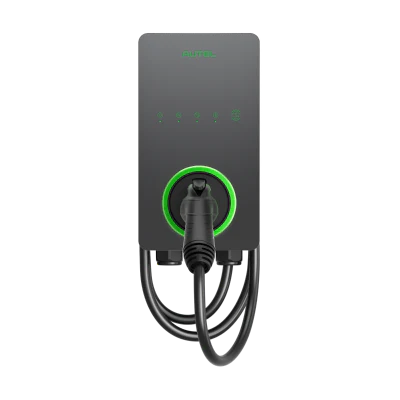
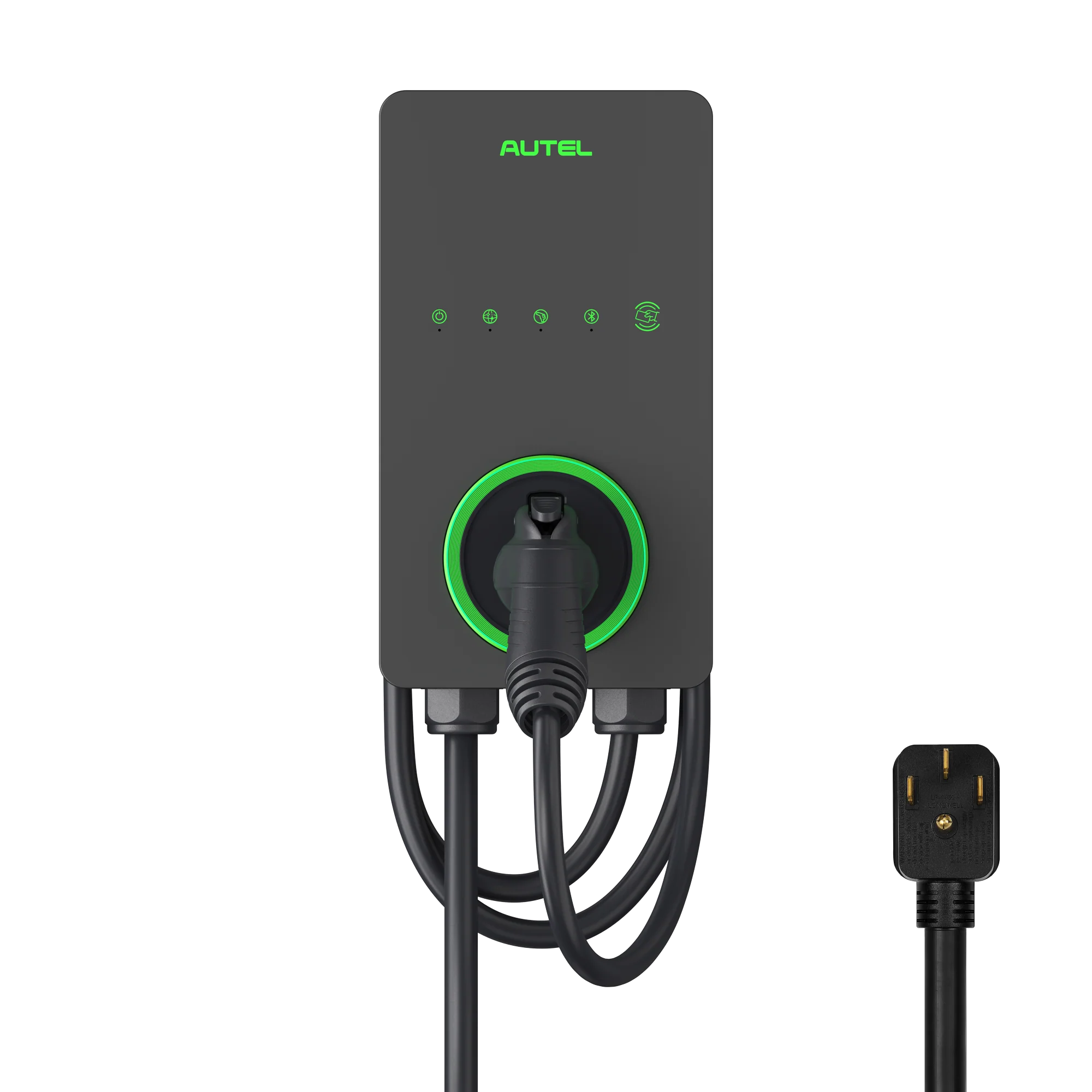
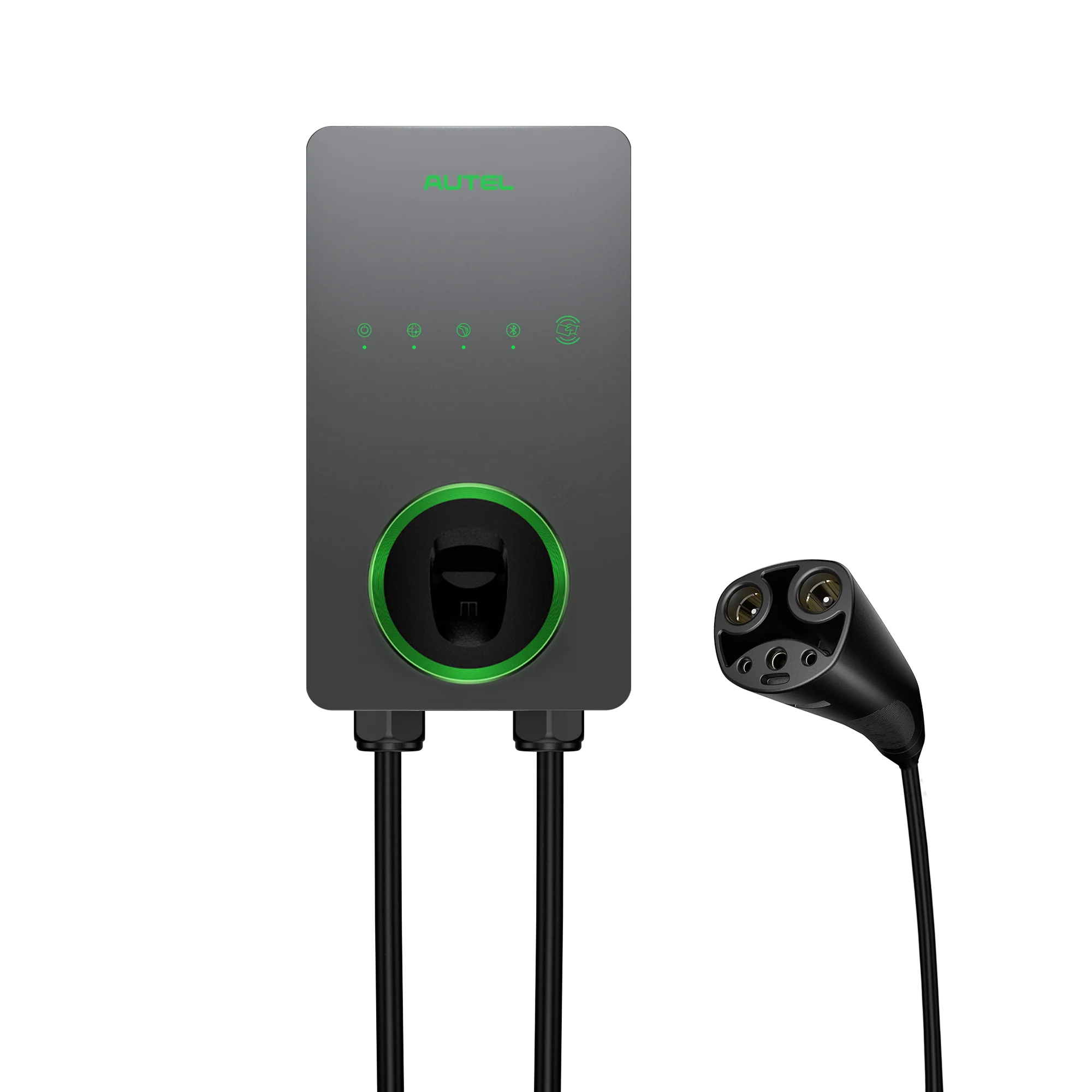
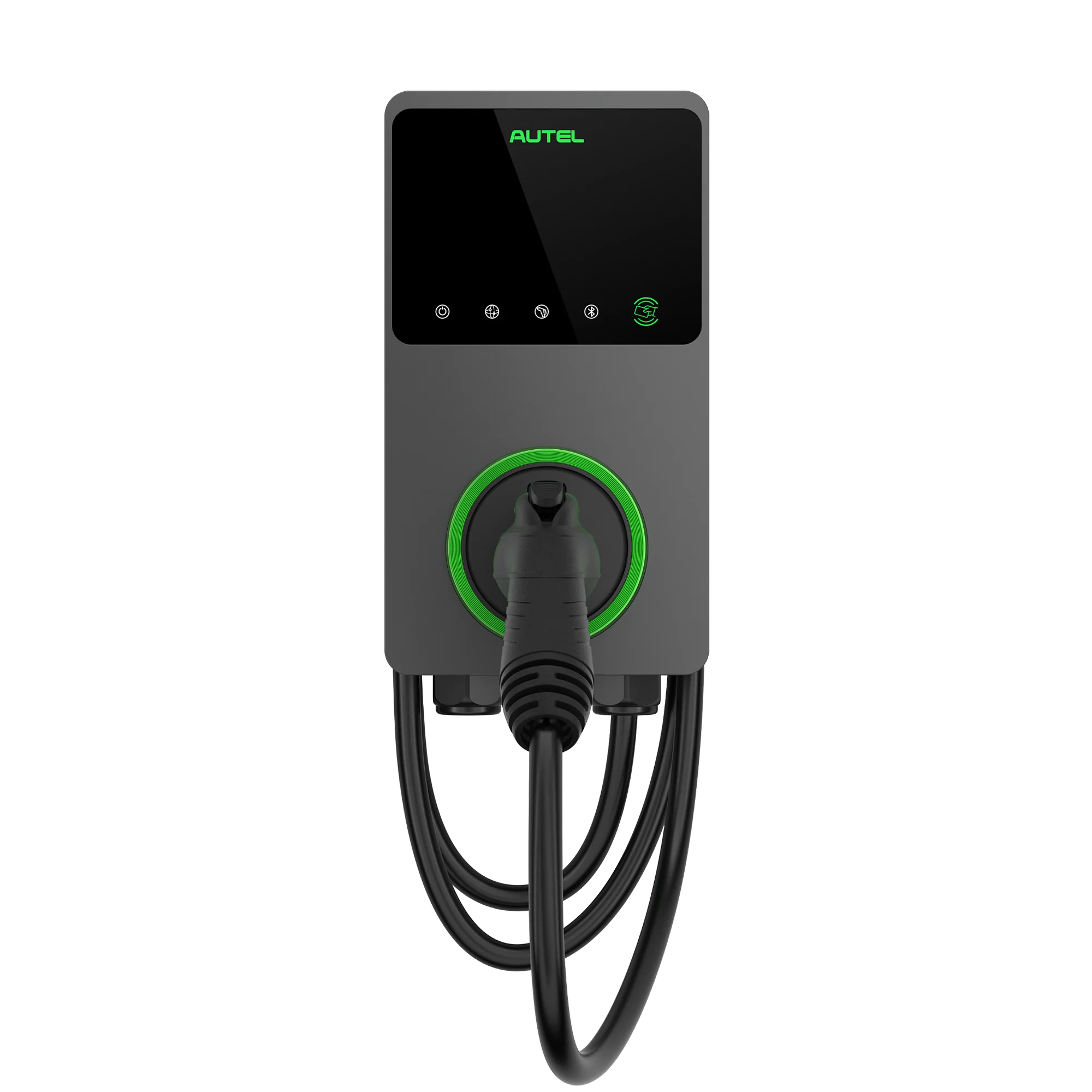
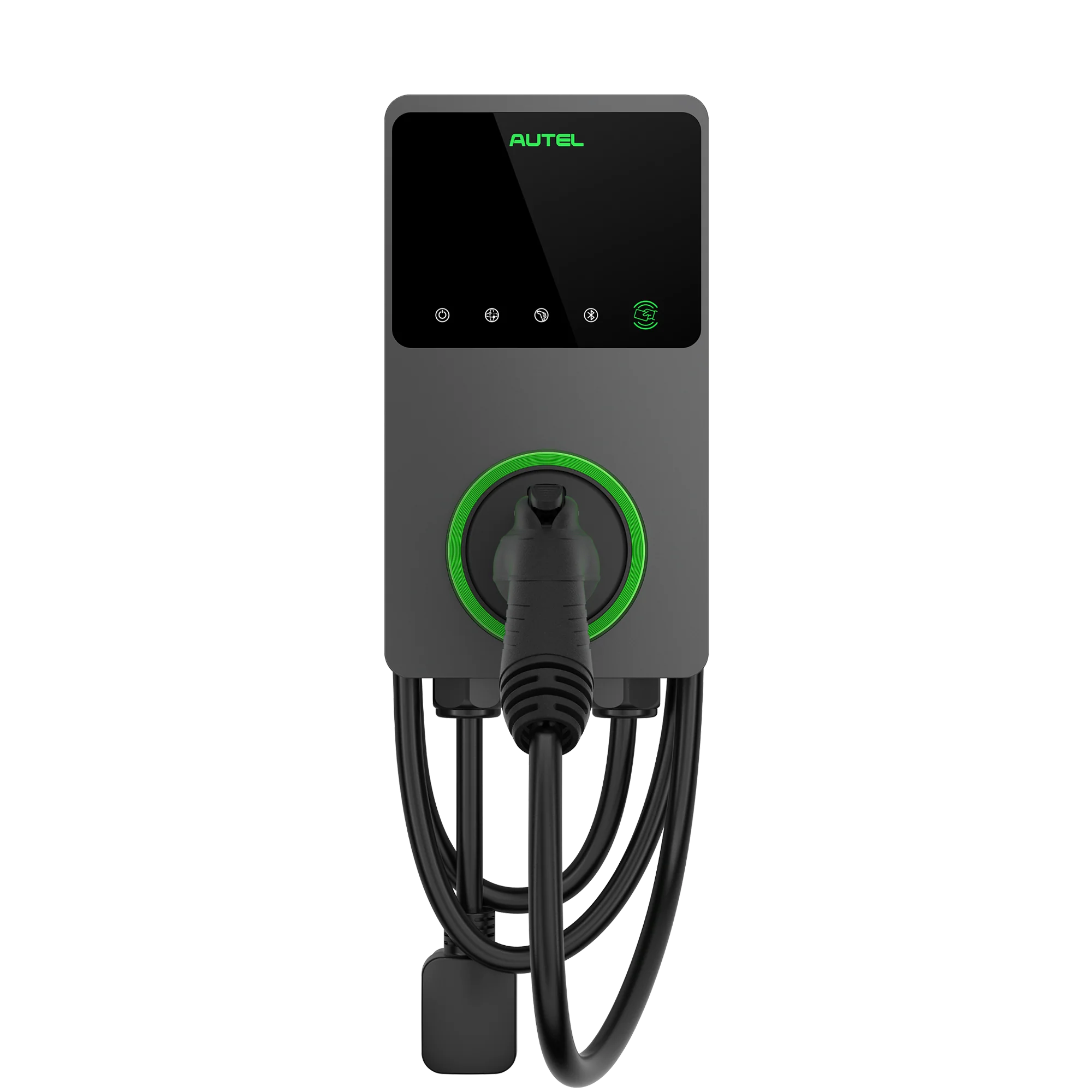

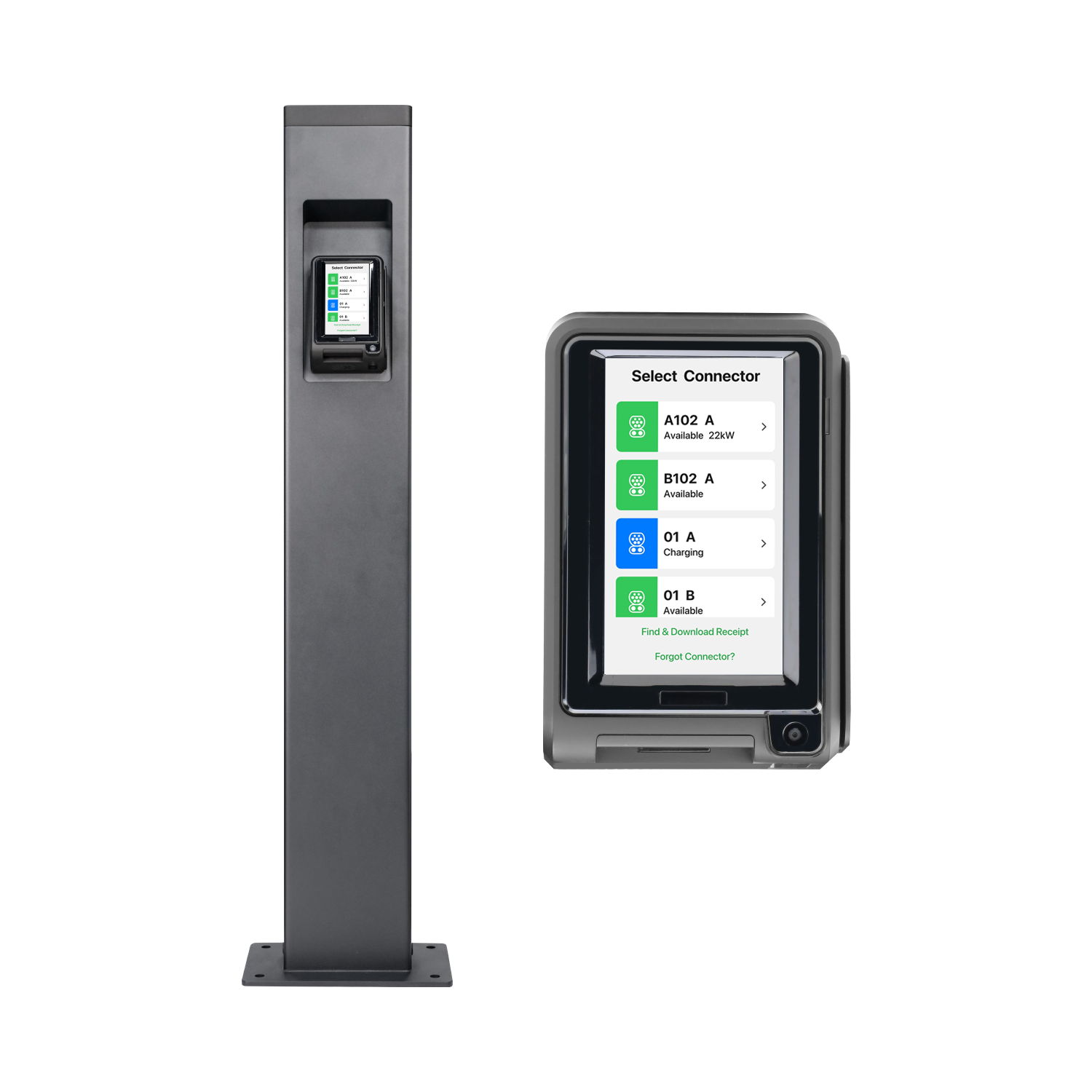
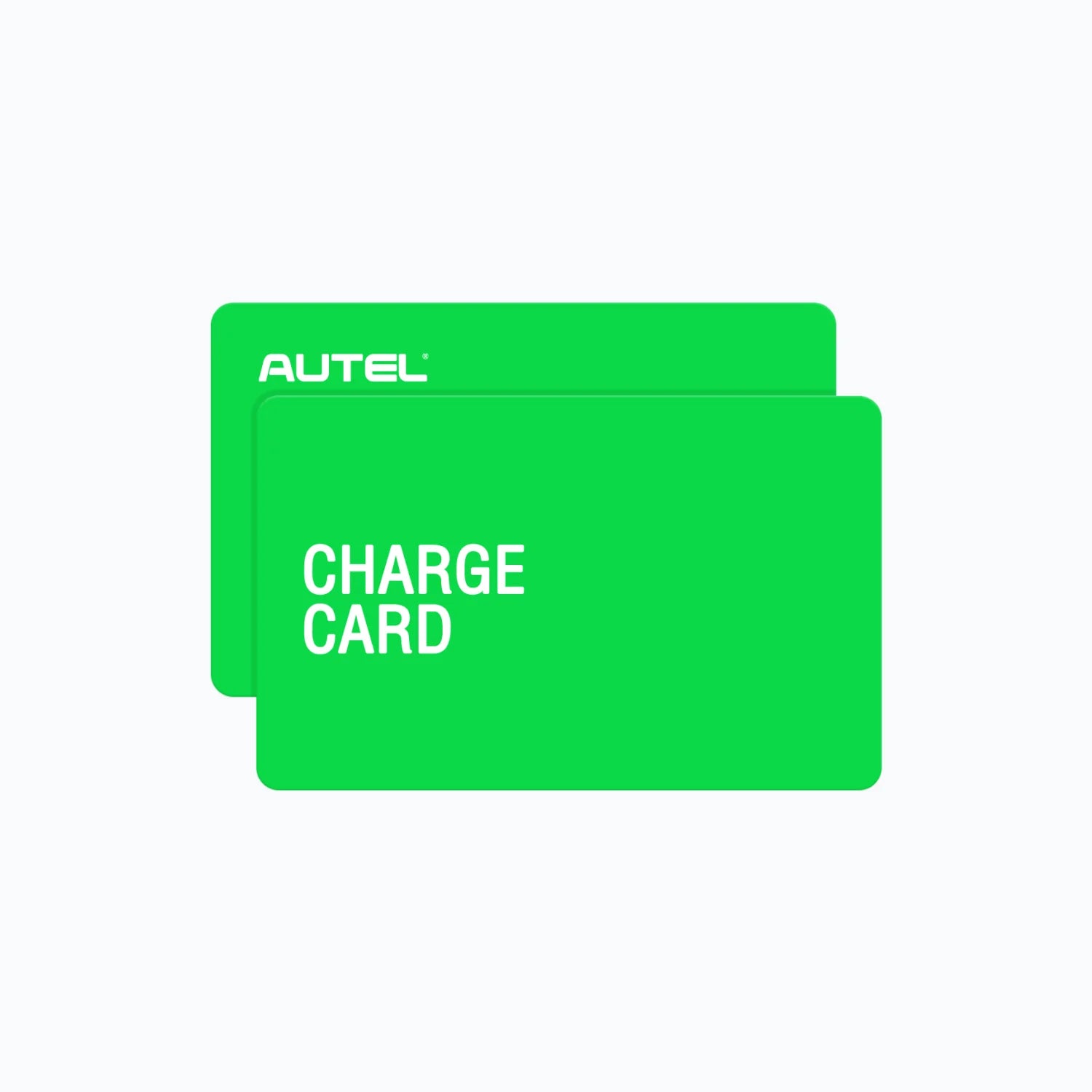
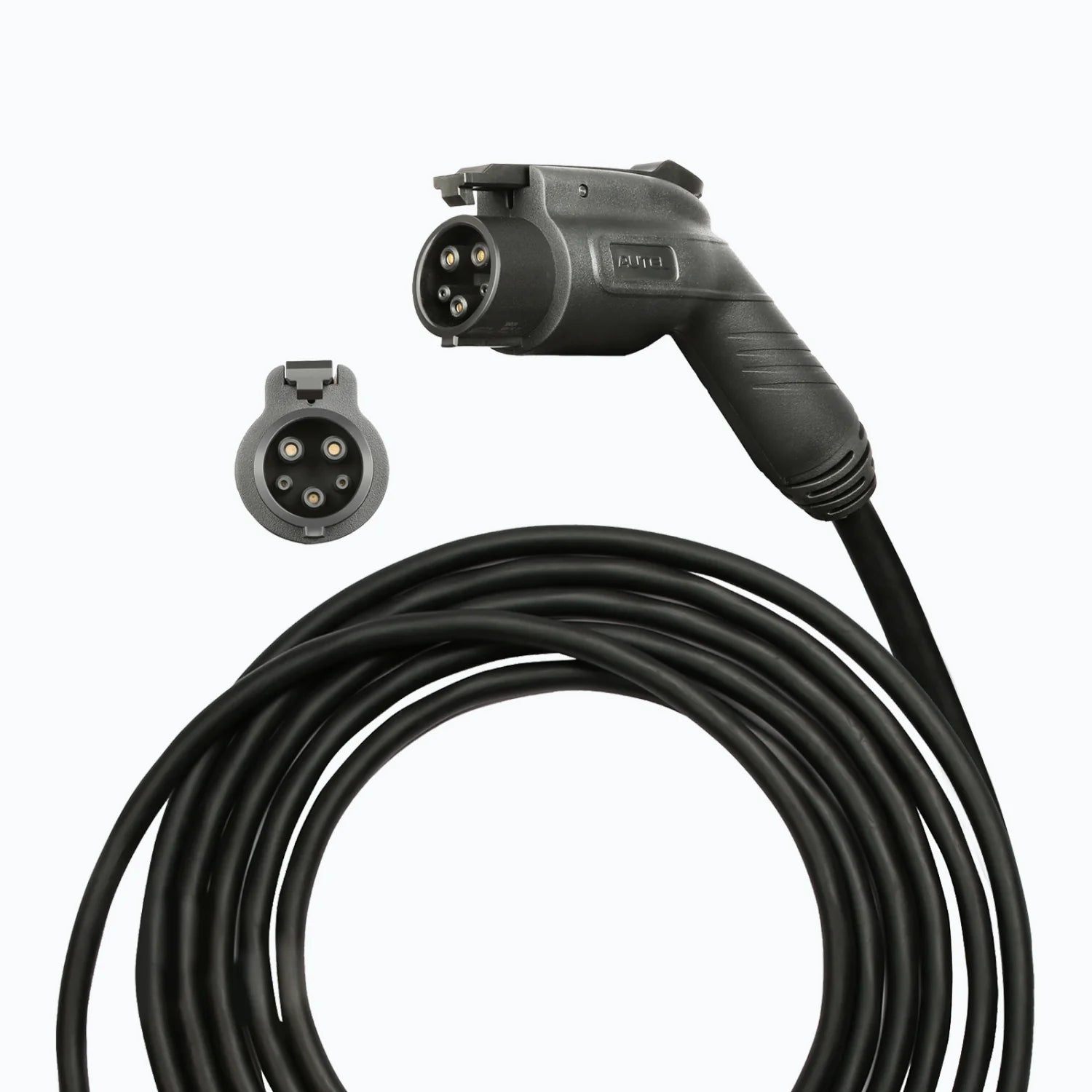
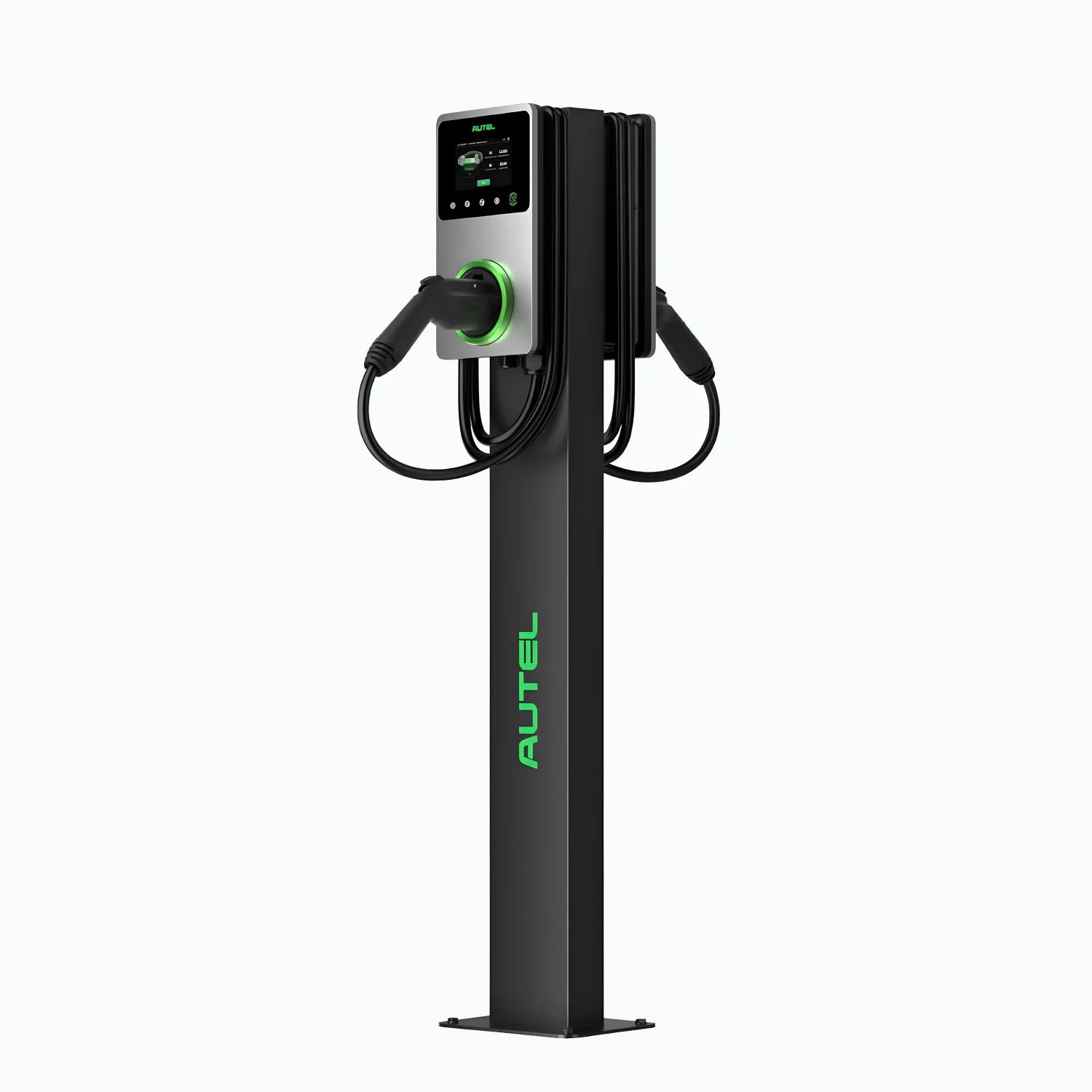
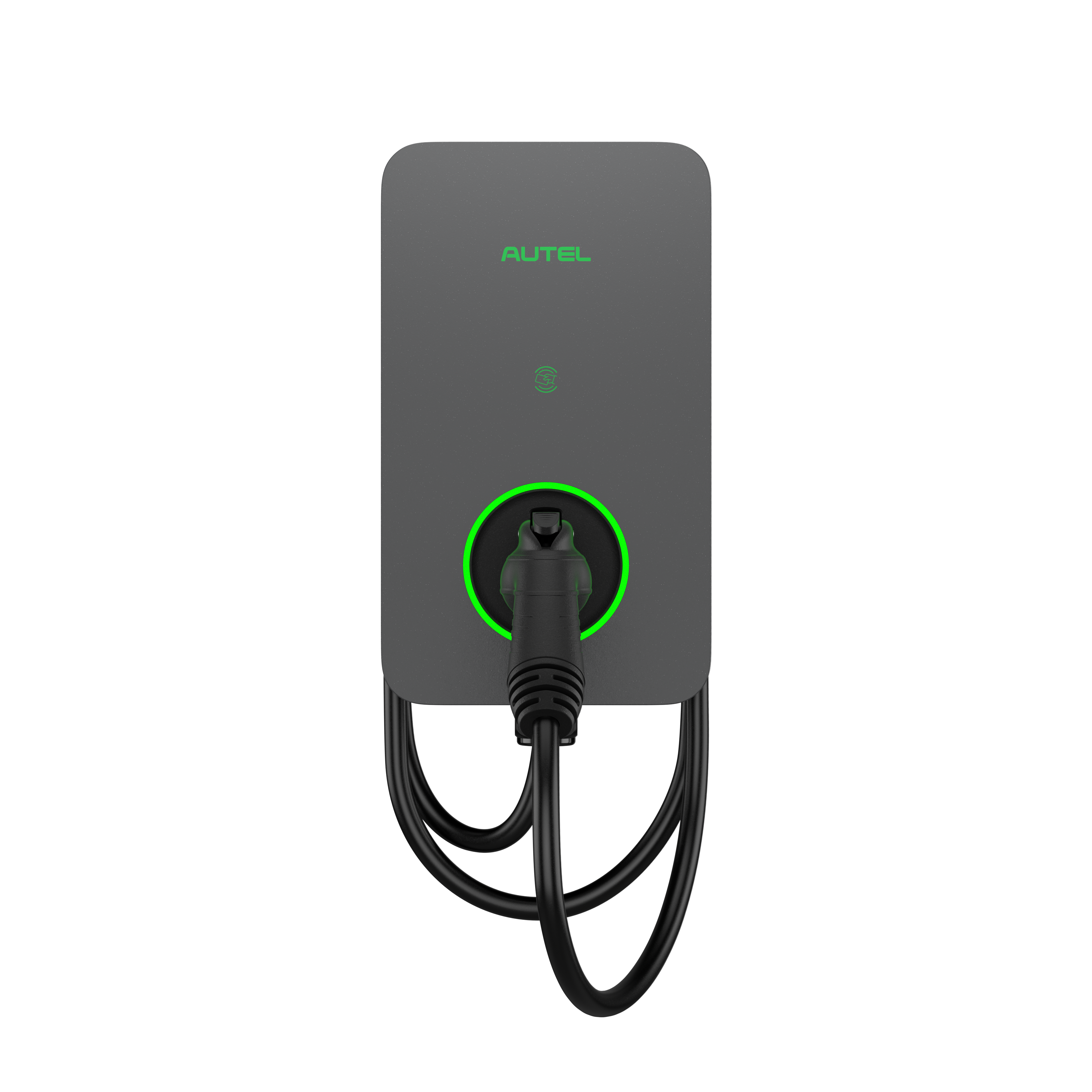
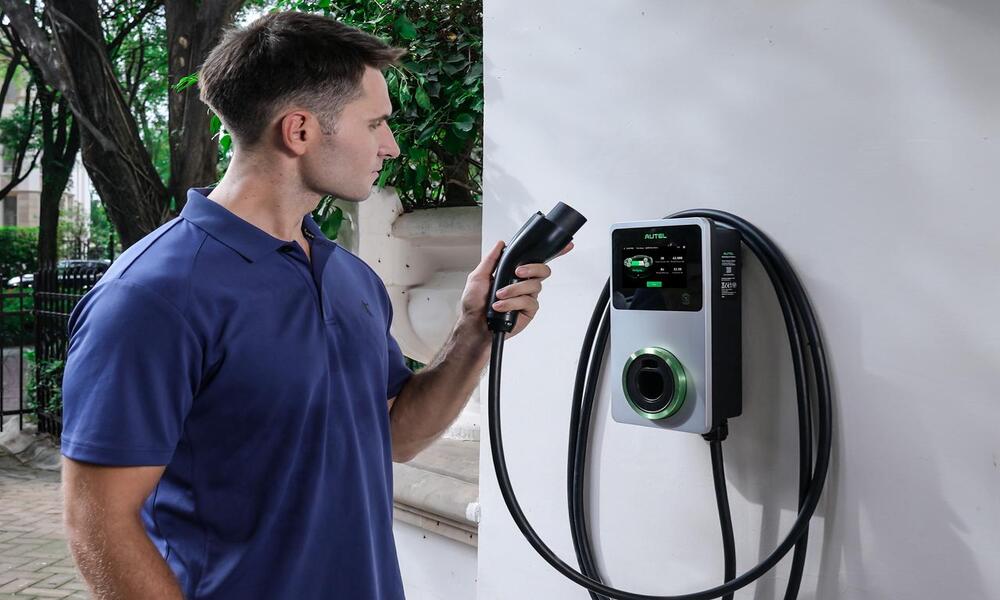
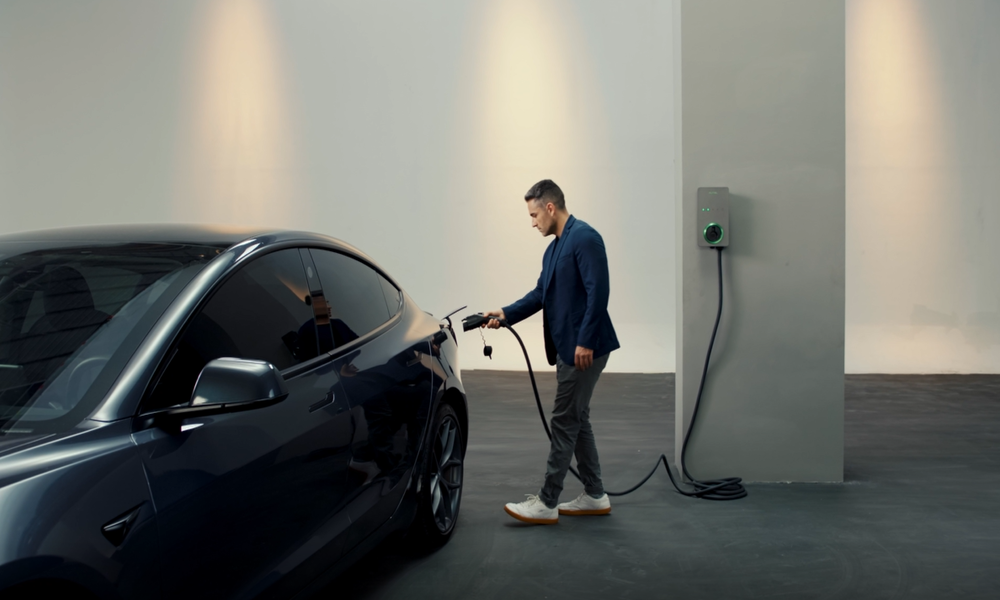
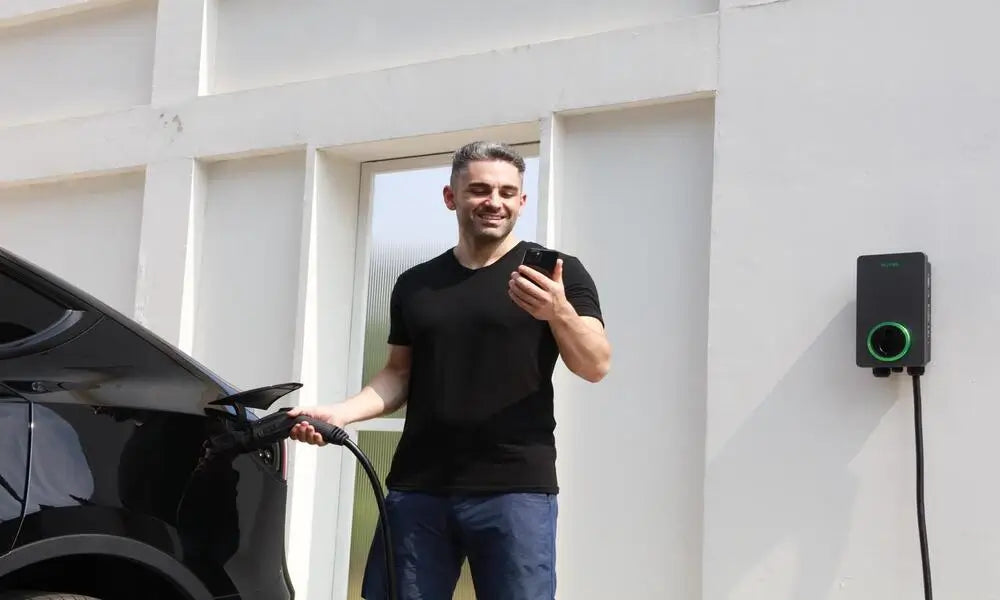
Dejar un comentario
Todos los comentarios se revisan antes de su publicación.
Este sitio está protegido por hCaptcha y se aplican la Política de privacidad de hCaptcha y los Términos del servicio.